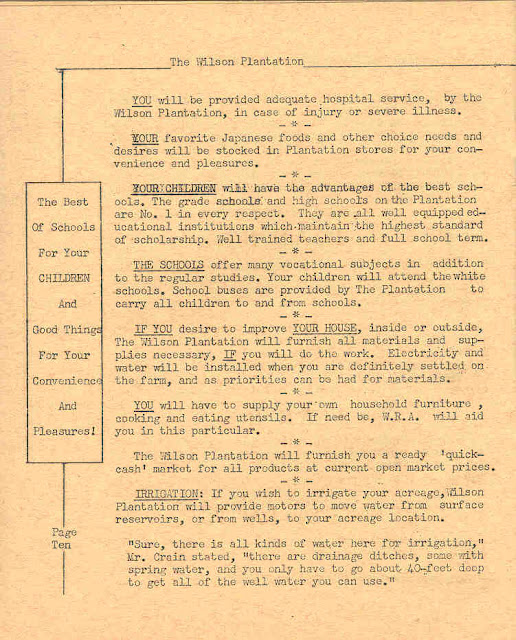I have a confession. . .I have never picked cotton long enough to fill a 'pick sack'. . .or even get enough to feel the weight of it as the bag is pulled behind me. . .Chop cotton--yes--I've done my share of that. . .No picking it, though. . .
When I was growing up, we still used cotton pickers in the fields, along with a small mechanical picker. . .Every Fall we had people come in to pick. . .many from Mexico and spoke little English. . .That vision of pickers in the field comes to mind every year about this time. . .
Once during my Senior year in High School, we went to several fields to pick cotton. . .The farmers had given us certain areas to pick so that we could raffle off a bale of cotton for class money. . .A bale back then weighed about 500 pounds. . .A lot of cotton. . .There were only a few girls in the class. . .more guys. . .so some of us females talked the guys into pulling the long heavy bag, while we all picked. . .It was still hard, back-breaking work. . .But ever since, I've intended to actually pick at least half of a pick sack. . .
The morning came when I had to make a decision to try my hand at cotton picking with a six foot long bag. . .It was early dawn as I walked out to the field behind our home. . .Cloudy. . .Threatening rain. . .
I have to admit, it was a little daunting as I looked out over the fields, trying to put myself in the place of the pickers and what they must have felt looking at those acres and acres of cotton before them. . .I was lucky. . .I had a back-up. . .I was doing it for fun, too. . .not as a matter of survival. . .
In the early light, I headed for the field. . .with visions of my all time favorite book by Lois Lenski. . .thinking about all those tenants and sharecroppers of the past. . .
This is proof positive that I actually did pick. . .but you'll note, I'm sure, that there's not much in the sack. . .or off the rows. . .And then. . .it began to sprinkle. . .Time for breakfast. . .
After that little shower (which was NOTHING). . .the skies cleared. . .I thought I'd give it another try. . .if nothing else than to get some good photos. . .With the cleared skies and warmer morning, the wind decided to pick up. . .I was spending more time holding onto my hat than picking cotton. . .
And those endless rows of white were getting no shorter. . .
I DID get the pick sack somewhat stuffed. . .
This is where I have a second confession. . .In the end,
I was cutting whole limbs of cotton. . .for my 'plain and simple farmhouse decor'. . .
A pick sack fills up quickly that way. . .
I certainly did not regret the experience. . .but by 10:00 I was tired. . .the wind was hard to stand up in. . .the bolls were cutting my fingers. . .my back was hurting from bending over. . .and I was hungry. . .
Time to call in the RECRUITS. . .
Mr. Roy Gaines made quick work of my endless rows of cotton with his John Deere. . .
As I sat in my rocker on the porch drinking coffee and watching. . .
I counted my blessings that my days of picking cotton by hand were over. . .(grin)









































